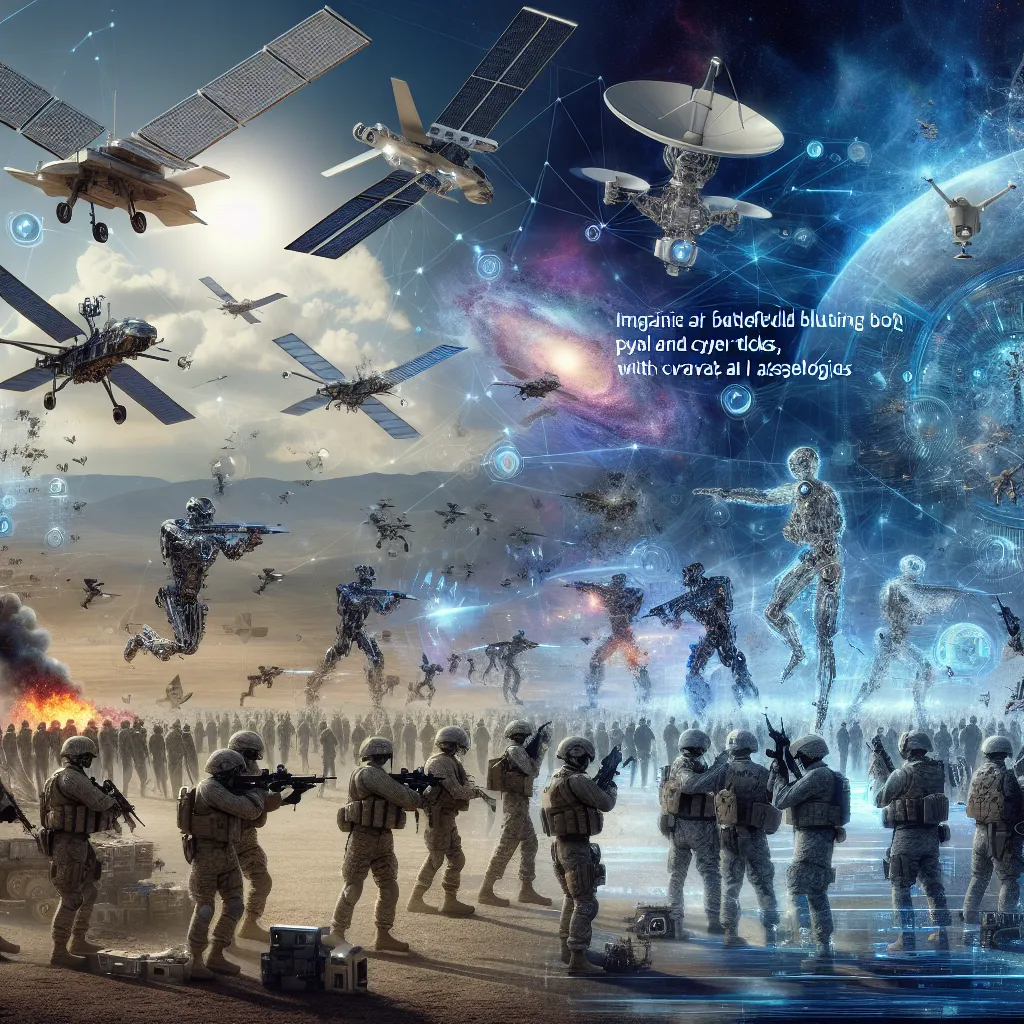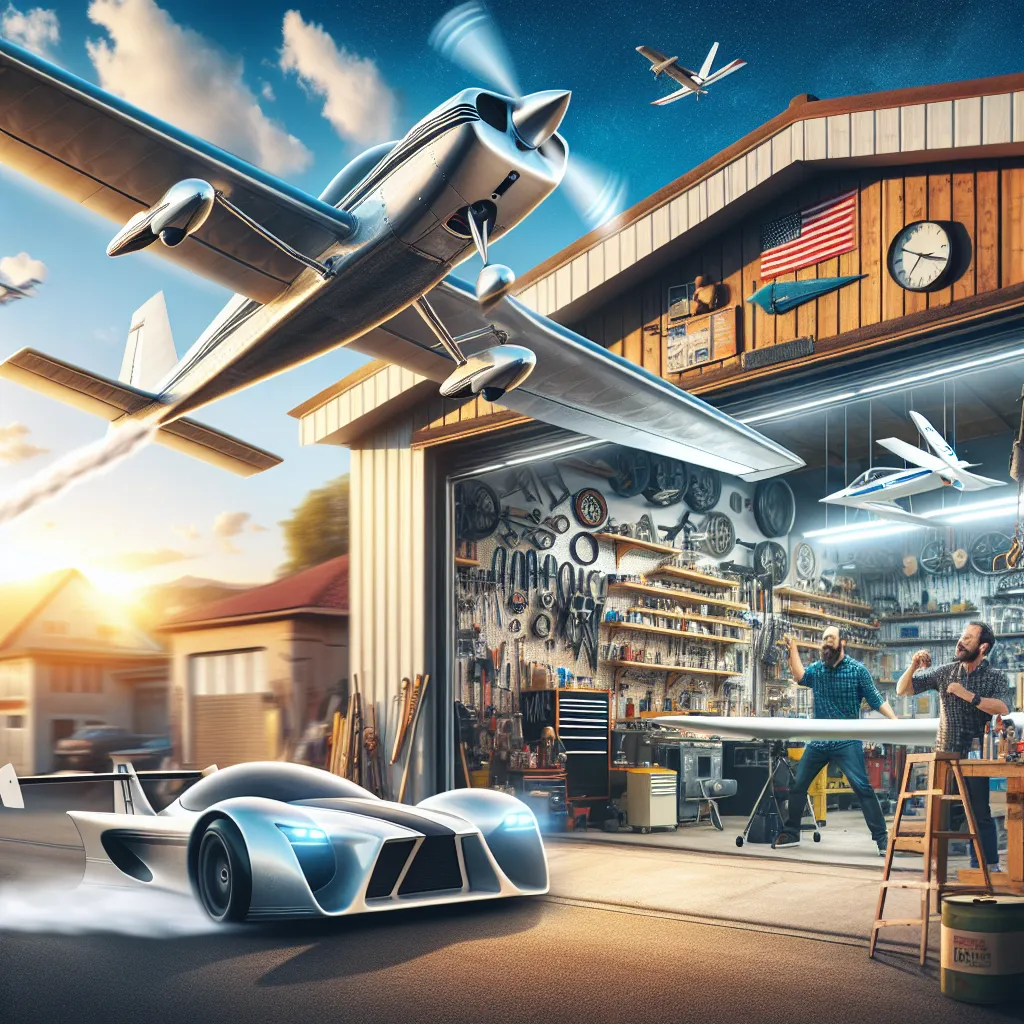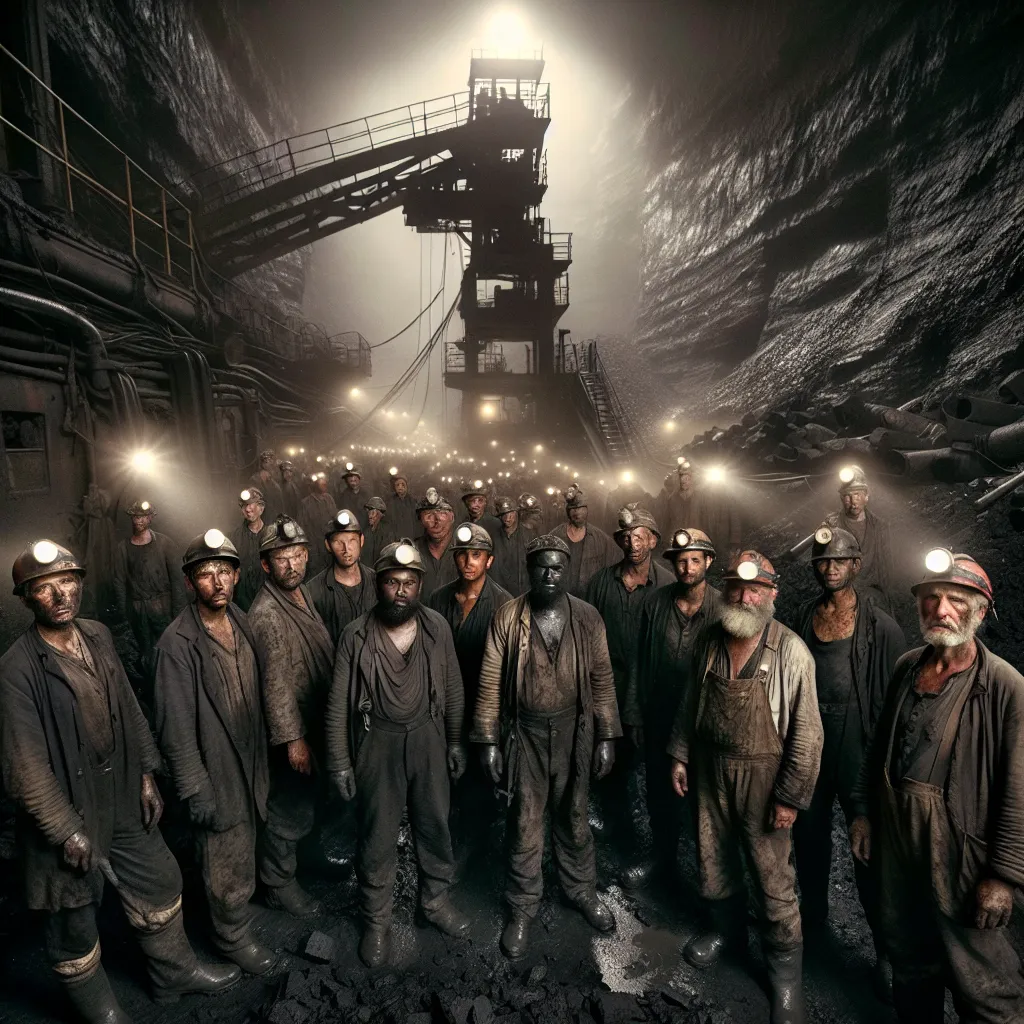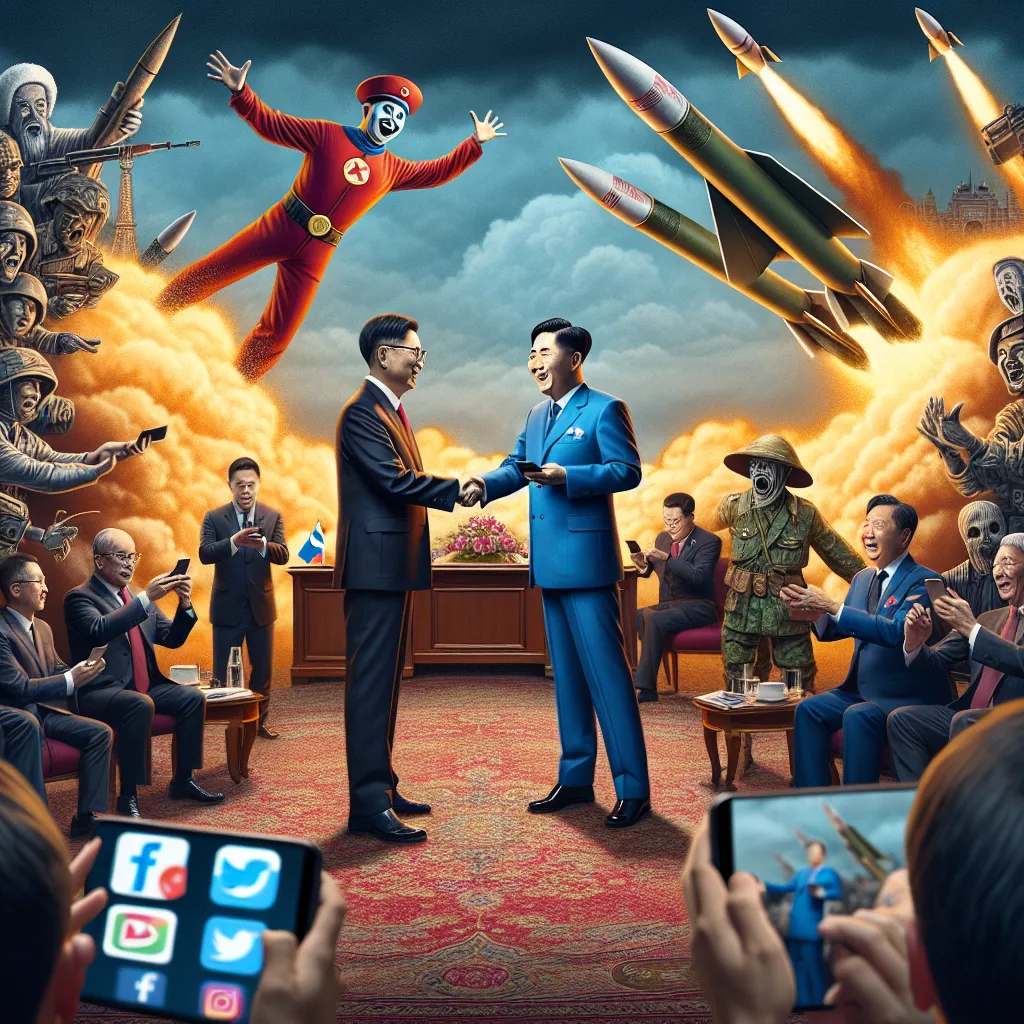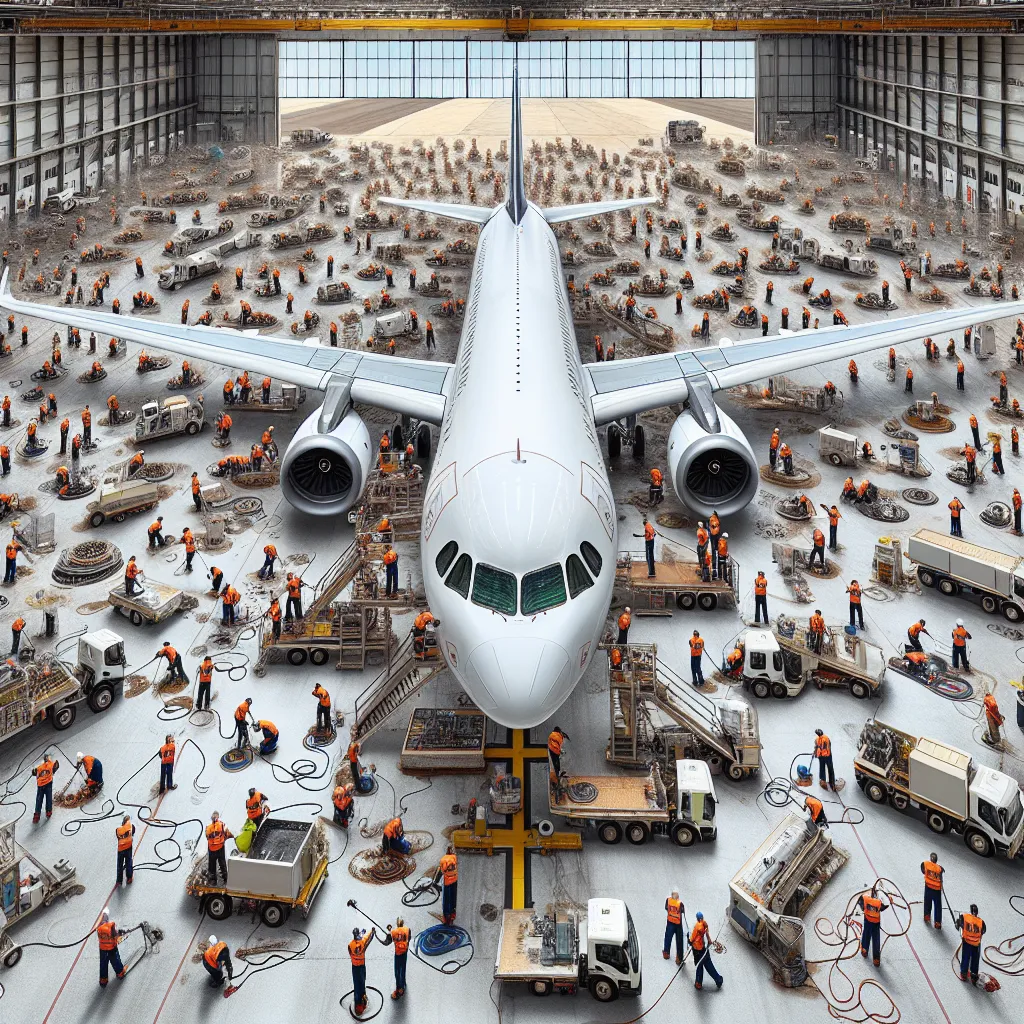War has been an unfortunate part of human history, but the way we engage in it is evolving fast. Technology is a game-changer, redefining how decisions are made, and bringing capabilities that were previously unthinkable.
In the old days, technology in warfare meant spears and catapults. Today, we’re talking cyber attacks and AI-driven combat tools. With each leap, our understanding of the battleground changes. The environment familiar to old generals has transformed dramatically. We’re increasingly seeing a blend of physical and cyber domains and a growing emphasis on space battles.
In the future, the same strategic importance we place on controlling the seas must be applied to space. Machines are taking over many roles, making war faster and more complex. Technology has always played a significant role in shaping wars and society, and it will continue to do so. The pressing question now is: will future conflict include a significant human element or be dominated entirely by AI?
Artificial Intelligence (AI) is the brain behind modern machines capable of learning and problem-solving. While current AI still largely revolves around deep learning and pattern recognition—think computer chess—it’s already influencing daily facets of our lives. From factory robots to smartphones guiding navigation, AI systems mimic human behavior and reasoning with impressive accuracy.
Historically, the idea of intelligent machines has thrilled us, from ancient myths to modern sci-fi. Yet, the speculative fear of a “Terminator” scenario isn’t grounded in reality—at least not yet. Today’s AI is narrowly focused, designed for specific tasks within preset data sets, not for autonomous world domination.
In practical terms, an experienced soldier in a future combat mission could very well trust an AI sidekick as much as they would a human partner. Familiarity with technologies like Siri and Alexa means we’re already cozying up to intelligent systems, making the integration on the battlefield smoother.
AI has potential on the battlefield, especially for ‘dull, dirty, and dangerous’ tasks. Why risk human soldiers in dangerous rescue missions if a robot can handle it? This shift allows soldiers to focus on combat, making them more effective and safe.
Throughout history, technological advances have been a cornerstone of military success. From repeating rifles in the American Civil War to tanks and machine guns in World War I, new tech has consistently rewritten the rules of engagement. The high-tech arms race in World War II, which led to radar, jet engines, and even early guided missiles, shows just how pivotal technology can be in determining the outcomes of conflicts.
Today, we’re witnessing a new revolution with AI and autonomous weapons at the forefront. The focus is on not just how to deploy these tools efficiently but ethically as well. As decisions on the battlefield become split-second matters, the role of human judgment and cognitive instincts still holds significant weight.
In summary, warfare is changing. It’s moving toward a future where autonomous systems powered by AI will play a crucial role. But it’s vital that we keep the human element somewhere in the loop to preserve the essence of ethical decision-making. The smarter we get with technology, the more we need to ensure our moral compass is aligned to steer us correctly.
